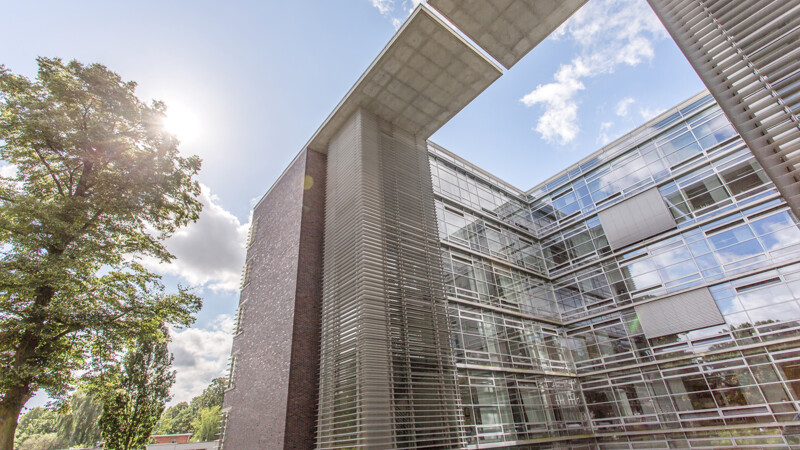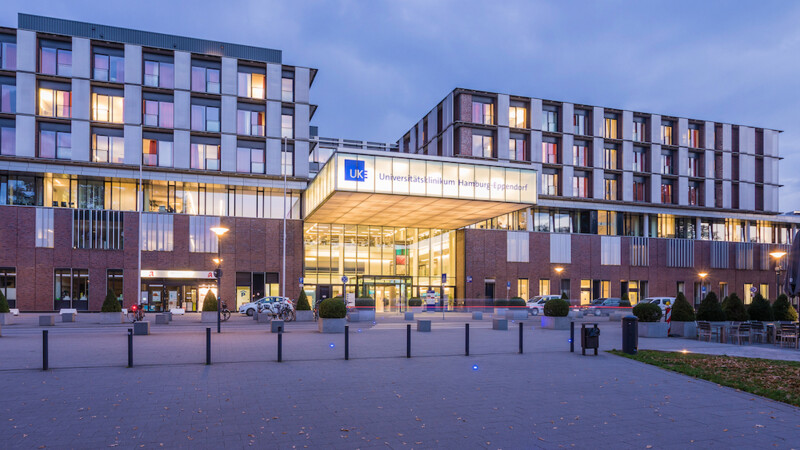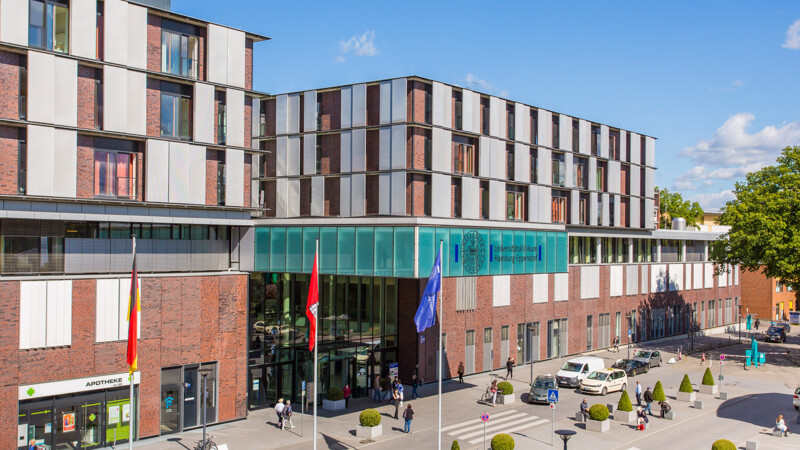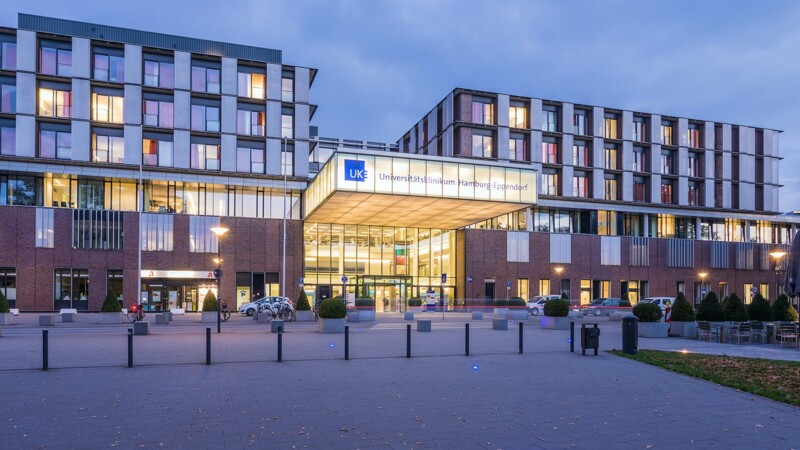Around 75 scientists at UKE, the universities of Hamburg, Göttingen, Bonn, Heidelberg and Munich are conducting research led by Andreas H. Guse, Director of the Institute of Biochemistry and Molecular Cell Biology. They now aim to combine basic molecular research and clinical research so that new diagnostic and treatment concepts for multiple sclerosis, inflammatory bowel diseases and stroke can be developed.
The Collaborative Research Center "Adenine Nulceotides in Immunity and Inflammation" at the University Hospital Hamburg-Eppendorf (UKE) has secured EUR 15.8 million in funds from the German Research Foundation (DFG) for another four years, a press release said Friday (May 27, 2022). Established in 2018, the goal of Collaborative Research Center 1328, is to decipher the role of novel signalling molecules in inflammatory processes and in the immune response.
Combining basic molecular research and clinical research
Convincing interdisciplinary collaboration
"The German Research Foundation's decision to continue funding the biomedical research network is fantastic news. It confirms once again that Hamburg is at the forefront nationally and internationally," said Katharina Fegebank, Senator for Science and Reserch. "The mix of outstanding scientific expertise, convincing interdisciplinary collaboration and a high-performance research infrastructure is working and can now enter a new phase."
cb/pb
Sources and further information
Special funding for UKE's four collaborative research centres
Collaborative Research Centers are research institutions at universities in which scientists work together with various other institutes, departments and faculties on an interdisciplinary basis in a scientifically excellent research scheme. They facilitate work on innovative, demanding, elaborate and long-term research projects by pooling and co-ordinating the forces available at a university. The DFG establishes Collaborative Research Centers for a maximum of three funding periods of up to twelve years. UKE presently has four Collaborative Research Centers in addition to a centre headed by Professor Guse, focusing on liver inflammation, neuroscience and inflammatory kidney diseases.
More
Similar articles

Four prizes for top research at University Hospital Hamburg-Eppendorf

EU funding 3D printing of medicine and implants at UKE

UKE Project: Recognising complications early using AI
